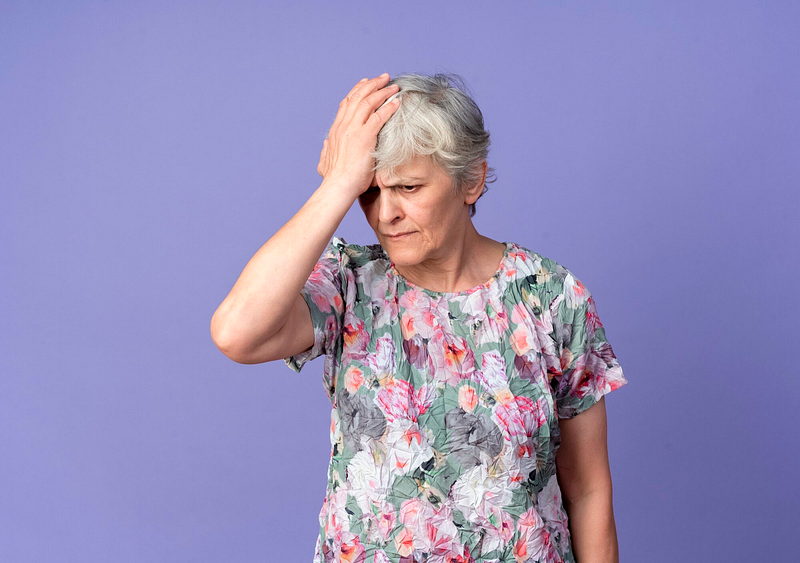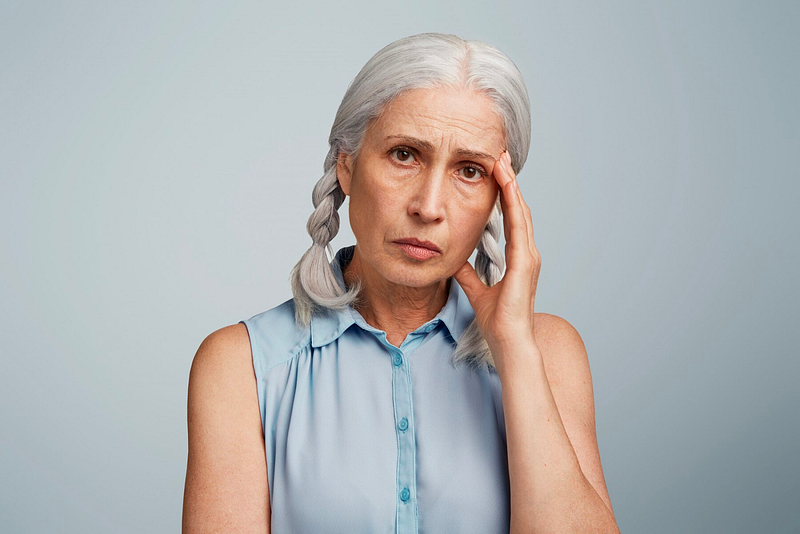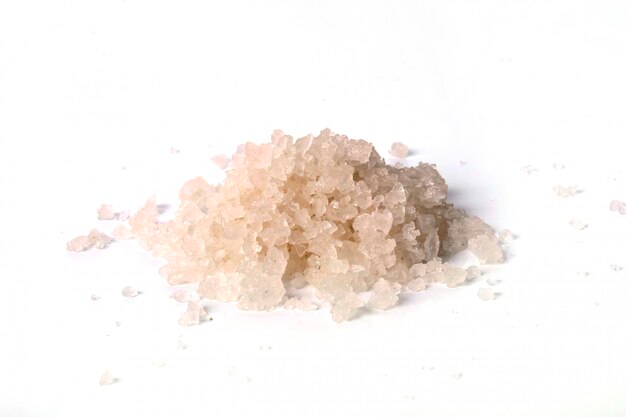In our fast-paced lives, it’s easy to overlook the essential role that water plays in maintaining our well-being.
Dehydration, a condition where the body loses more fluid than it takes in, can have serious consequences if left unchecked.
In this comprehensive guide, we’ll break down the causes and signs of dehydration and at-home remedies for it, empowering you to take charge of your hydration and overall health.
You may have asked yourself, “How can I hydrate instead of water?” or “What else can hydrate you besides water?”
Here are some ways to stay hydrated!

Overview of Dehydration
Dehydration is a common issue that occurs when the body doesn’t have enough fluid to carry out its normal functions.
Whether it’s a gradual build-up or a sudden onset, the lack of adequate hydration can lead to organ damage.
This is a concern for individuals of all ages, from children experiencing fluid loss through diarrhea and vomiting to adults facing risks due to lower water volume or specific health conditions.
So what is a good hydration alternative to water, and is there something that hydrates more than water?
Signs and Symptoms
Recognizing the signs of dehydration is crucial for timely intervention.
In infants and young children, dry mouth, dry tongue, lack of tears when crying, no wet diapers for over three hours, sunken eyes, sunken cheeks, a sunken soft spot on the skull, irritability, or lethargy are potential indicators.
In adults, extreme thirst, infrequent urination, dark-colored urine, fatigue, dizziness, and confusion are signs that should not be ignored.

Understanding the Causes
Understanding why dehydration happens is the first step toward prevention.
Inadequate water intake is a primary culprit, exacerbated by factors such as illness, busyness, limited access to safe drinking water, excessive sweating, vomiting, diarrhea, fevers, and increased urination.
Health conditions like diabetes or blood pressure issues can also contribute, making it essential to be aware of underlying factors.
You may have yourself wondered, “How can I hydrate my body without drinking water?”

Prevention Strategies
Preventing dehydration involves a combination of conscious water intake and ensuring proper absorption.
Aim to consume roughly half your body weight in ounces of water daily.
However, it’s not just about what you drink; it’s about what your body absorbs.
To facilitate absorption, incorporate vegetables, potassium, magnesium, and salts into your diet.

Tips for Reversing Dehydration
If you suspect dehydration or want to reverse mild to moderate cases, consider the following tips:
Oral Rehydration Solution
Prepare a simple oral rehydration solution by mixing a liter of clean water with a quarter teaspoon of salt, a quarter teaspoon of natural baking soda, and two tablespoons of honey.
The bicarbonate in the baking soda helps balance and rehydrate the system.
It’s essential to avoid baking soda with heavy metals or toxins.
Nature’s Rehydration: Coconut Water
Nature provides a potent rehydration source in the form of coconut water.
Packed with sodium and potassium, it helps compensate for nutrient loss during dehydration.
Including coconut water in your rehydration strategy can be a refreshing and effective choice.

Lemon Water for Quick Nutrient Replenishment
Lemons, with their simple combination of sodium, potassium, and magnesium, offer an easy way to replenish nutrients.
Adding lemon to your water not only enhances the flavor but also provides a natural and fast-track solution to dehydration.
Electrolytes
Introduce electrolytes into your rehydration routine.
Whether through electrolyte powder or sea salts, these minerals play a crucial role in driving fluids back into the cells.
This helps retain water in the body and prevents excessive fluid loss.
Conclusion
Dehydration is a stealthy foe that can affect anyone, especially during warmer months or periods of intense physical activity.
The key is to stay vigilant, listen to your body, and prioritize hydration.
By understanding the signs and causes and implementing preventive measures and effective remedies, you can master the art of staying adequately hydrated.
Remember, it’s not just about the quantity of water you consume but also about how well your body absorbs it.
Incorporate the recommended daily water intake, focus on supporting absorption with nutrient-rich foods, and have a toolkit of effective rehydration strategies at your disposal.
Your body will thank you, and you’ll be better equipped to face whatever challenges life throws your way.
Stay hydrated, and stay healthy.













